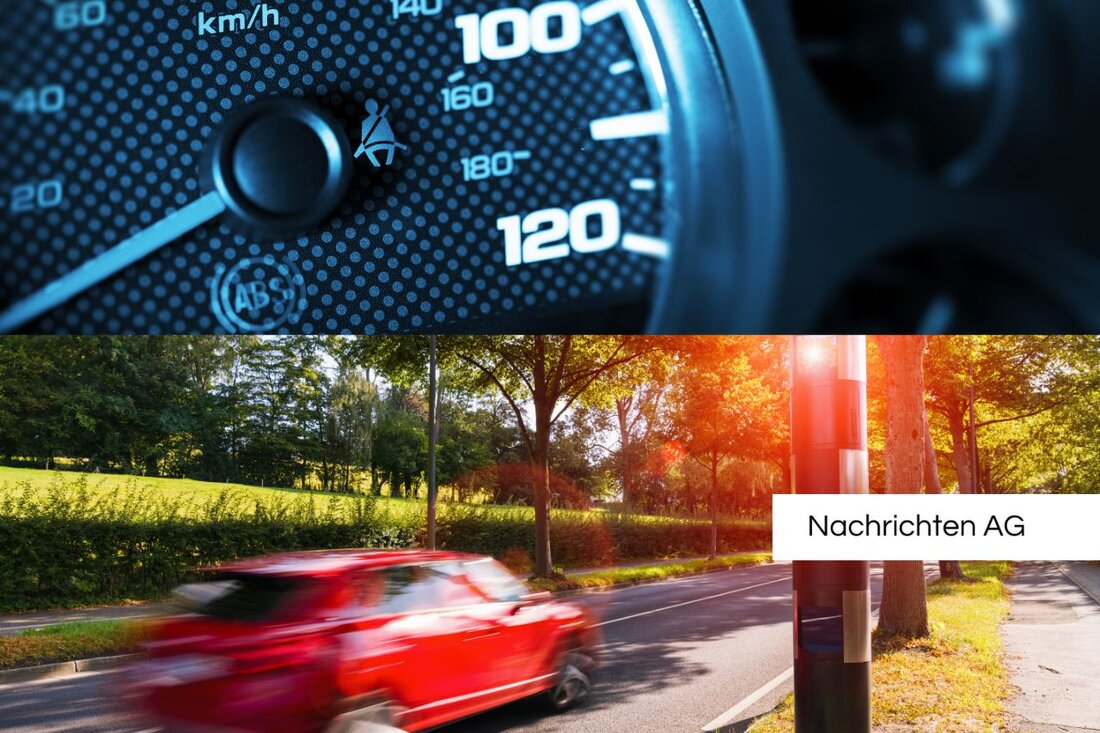Mobile speed cameras in Perleberg: Where to stop today!
On November 4th, 2025, mobile speed cameras in Perleberg, Prignitz, Brandenburg will monitor speed limits for more traffic safety.

Mobile speed cameras in Perleberg: Where to stop today!
On November 4, 2025, mobile speed cameras will again be available in Perleberg, in the Prignitz district of Brandenburg, to ensure more safety on the roads. The danger situation in road traffic is dynamic and requires constant adjustments to controls, such as news.de informed. The current locations of the speed cameras are clearly marked: Wittenberger Straße (zip code 19348) has had a speed limit of 30 km/h since 7:40 a.m., while a mobile speed trap has been active on the B189 in Spiegelhagen (zip code 19348) since 7:25 a.m. and monitors speeds of up to 100 km/h.
The use of speed cameras is not new - as has been evident since the 1950s. In this long tradition of speed enforcement, technology has changed significantly. From the first analog measuring devices to modern digital systems and mobile solutions, clear progress can be seen. The aim is not only to reduce traffic accidents and protect lives, but also to raise awareness of responsible driving drivefusionsde.
Modern speed camera technologies in focus
Nowadays, speed cameras are much more than just stationary boxes on the side of the road. Sophisticated systems that use lasers and radar are used. These technologies make it possible to detect multiple vehicles at the same time and provide more precise results. The mobile flexibility of these speed cameras is another plus point, as they can be used flexibly, for example in 30 km/h zones or in dangerous places.
But with progress comes challenges. Questions about data protection and civil rights should not be neglected. Although innovative technologies increase road safety, they raise debates about privacy and legal frameworks, such as the General Data Protection Regulation (GDPR) and the Federal Data Protection Act (BDSG). It is important to find a balance between progressive security and the protection of individual rights.
A look into the future
The future of traffic control will be shaped by artificial intelligence and big data. These technologies not only increase efficiency and precision, but also enable early identification of danger spots. Pilot projects such as “Smart Enforcement NRW” aim to make traffic safer through image recognition and AI analysis. But the risks of these technologies, such as false alarms and possible discrimination, must always be kept in mind.
The current mobile speed cameras in Perleberg are not just simple measuring devices, but part of a complex system that must be constantly optimized and adapted in order to meet safety requirements. A good step in the right direction to make driving on our roads safer. However, it is just as important that the population is informed about the need for such measures and has a certain understanding of the technology, as this increases acceptance in society.

 Suche
Suche
 Mein Konto
Mein Konto